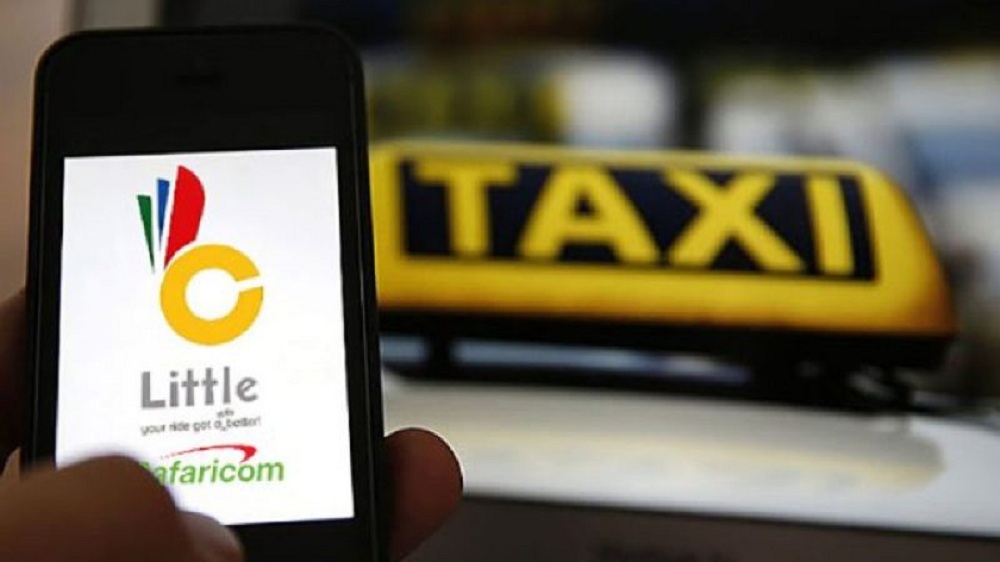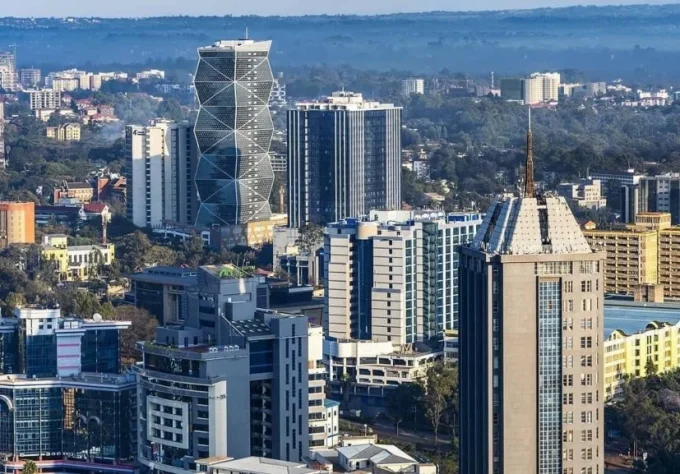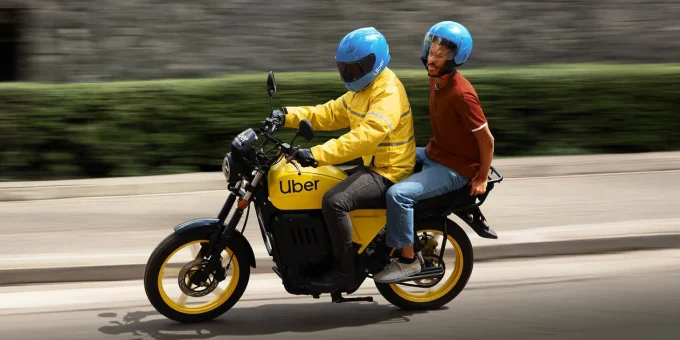[dropcap]W[/dropcap]hen Uber launched its taxi business model in Kenya three years ago, the move was met with strong opposition from individual operators who knew the die had been cast. It was only a matter of time they were rendered jobless.
First, the the personal taxi operators opposed Uber’s pricing model, which cut by more than half what they had been charging commuters in central Nairobi. However, Uber gained quick traction in the city as it emerged as crucial alternative for Nairobi residents with its low prices upsetting a market that had been under the grip of private taxi operators.
Uber’s pricing is hinged on a metering gauge that charges users for every kilometre covered – meaning every trip is openly priced, removing the need for negotiating each trip.
Three years down the line, the emergence of more taxi companies like Little Cab, Taxify, Mondo Ride and Mara Moja has made the business a more fierce game that private taxi operators are now considering quitting the business.
In my quest to dig deeper into the future of private taxi operators in Kenya, I met Mr Stanley Irungu, who operates in the CBD area, and he is not amused. “I have been in the taxi business for the past 17 years in Nairobi. Initially, the business was a lucrative one that on a good day, I would take home over Ksh15,000,” he told BT.
Well this was then. Mr Irungu says currently, private taxi business is as good as dead, the new kids on the block having disrupted everything for their gain. “First, they offer cheap services, for example, whereas we charge Ksh1,500 from the CBD to the Jomo Kenyatta International Airport, they charge only charges Ksh800. This posses a very big threat to us,” he says.
READ: Emmanuel Juma among top NTV journalists sacked
According to him, other than being influenced by low prices, many people have also developed trust in branded cabs because they feel such cabs are easy to trace in case of anything.
The situation has even been made worse by boda bodas and hand carts though there could be some silver lining going after City Hall banned motorbikes from the city centre to address congestion and insecurity. But this is not adequate solace to operators such as Irungu since those ferrying goods have been spared.
“Initially, we used to handle all the CBD transportation but since boda bodas and the hand carts joined the industry, everything has changed.”
“Many people, especially those with light luggage, would today go for either a cart or a boda boda since they both offer cheap transport as opposed to a taxi,” he says.
According to Mr Irungu, taxi is becoming one of the most less paying jobs in Nairobi and in our continued chit-chat, he tells me that in the next five years, the private taxi business will be no more. “My friend, since I came here in the morning, it is now 10am and I have not done any business. I have a family at home, bills to pay among other things, If this situation persist till evening do you think I am going to manage?” poses Mr Irungu.
Related: Uber unveils new features to offer drivers flexibility
For a moment, my mind is fixed on Irungu’s steering wheel as I try to think of a proper response but before long, he tells me that if you have your own car, you may try the private taxi business but if you have to work for someone and earn a living out of it then you will be in for a rude shock.
Before he leaves, I ask him how he has managed to survive in the industry despite the changing trends. “Maintaining your old clients and the few new ones you get is the only way to survive in this industry today,” says Irungu, as he ignites his car to intensify his hunt for the day. “Sometimes, we are even forced to lower our prices just to earn a living.”













Leave a comment